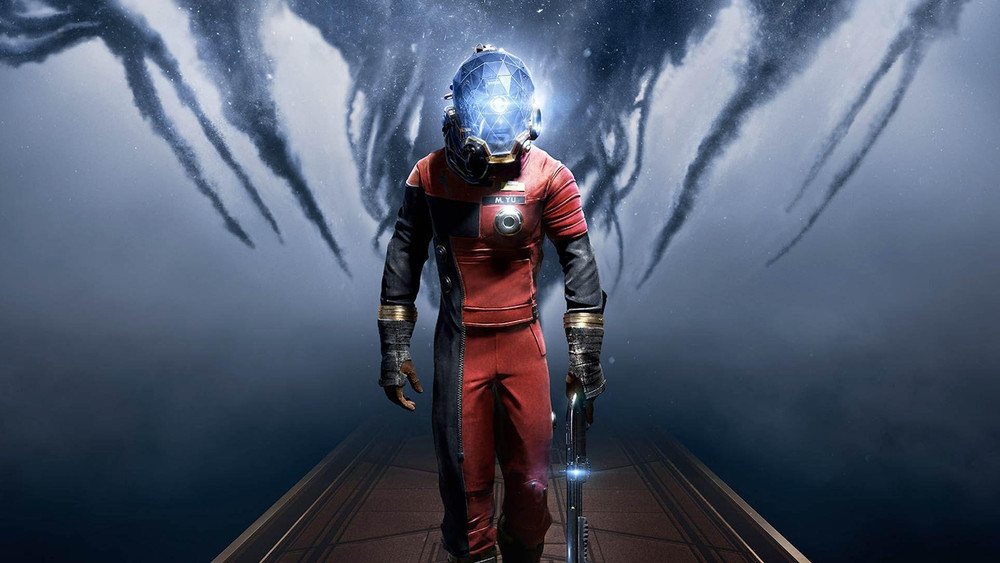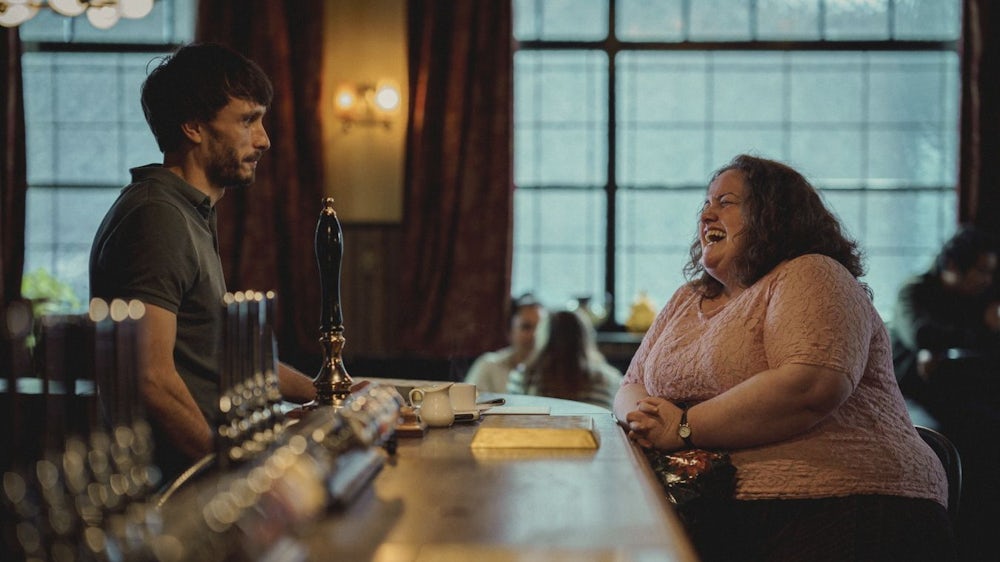Let me tell you this first: I loved Les Choristes. I own it on DVD and now and again I pop it into my DVD player. It’s the subtle mixture of characters and storyline with music that gets it: if the characters don’t cut to your bone right at the start of the movie, then they will do when they start singing. It’s one of the reasons I wanted music to have a dominant role in Vlaams Filmpje – and lo and behold: it worked. People like singers.
So picture my amazement when I walked past the DVD store and found this: a movie named Faubourg 36, of which I had not heard before. But with names so well-known to me that you could well say that it’s a sequel to Les Choristes, set in the past (If you haven’t seen this movie, you best forget that sentence unless you want to confuse yourself throughout).
Like cotton candy
The premise of Faubourg 36 is pretty simple: after a desastrous maffia-filled New Years Eve of 1935, three members of the variety theatre “Chansonia” try to save their second home by reopening it on their own account. Somewhere in there are three love stories (two of them in a triangle), educational themes, socialism… It’s a pretty full movie, which sometimes feels a bit all over the surface and scared to go into the deep, but manages to bring every story to a conclusive and satisfying end.
It’s not the story that sucks you in, though – it’s the world. The production team apparently recreated the entire Faubourg area in an abandoned field somewhere around Prague – and did so wonderfully: the movie world is so undeniably credible that it sucks you in from the moment the camera pans over the “CHANSONIA” letters, dismounts and follows Pigoil inside (a shot that lasted about three minutes and was a true work of art). It feels like its predecessor (an isolated world that lives next to a bigger one, with the emphasis on “next to”), but at the same time it feels like Baz Luhrmann’s Moulin Rouge – without the Luhrmannian kitch. The redness of the drapes, the whiteness of the snow… it’s a stunning looking alternate universe.
By the Sea
However, as I already pointed out in my way-too-long opening to this review, those elements are both overshadowed by one thing. For the first half hour, you like the characters – or in fact sometimes get annoyed at their attitudes. But you like them nontheless. Then, however, comes the singing, which completely catches you off-guard and makes you love them. They don’t actually all have good voices (except for Douce, who sounds stunning) and that’s exactly the closing deal: they’re natural. They sing like you and I do: under the shower, in the car, with gusto. Right from the heart. It’s great!
The thing is, I don’t know if it’s like that for everyone. I mean: it could be. Somehow, I doubt it though: there must be people who don’t get sucked in by this – even more: who puke just at the thought of hearing grown men sing on screen. But then again: is this the kind of movie for those people? Should I take those into account when writing this? I mean: if you glance even for a second at the DVD cover, you know what you’re in for. You were warned.
In all…
This is a movie I’ll be watching again and again. Sure, the plot is a bit hairy and at times it steps right beyond the line between drama and melodrama, but in the end the whole is so consistent that you cannot help but being sucked into this film’s crazy semi-parallel universe and it’s addictive music and dancing. If you don’t like music (or especially French Chansons), you should steer away from this at all costs though – you might get hurt in the progress.
Favourite Quote:
“Le môme Jojo, il ira loin…”



